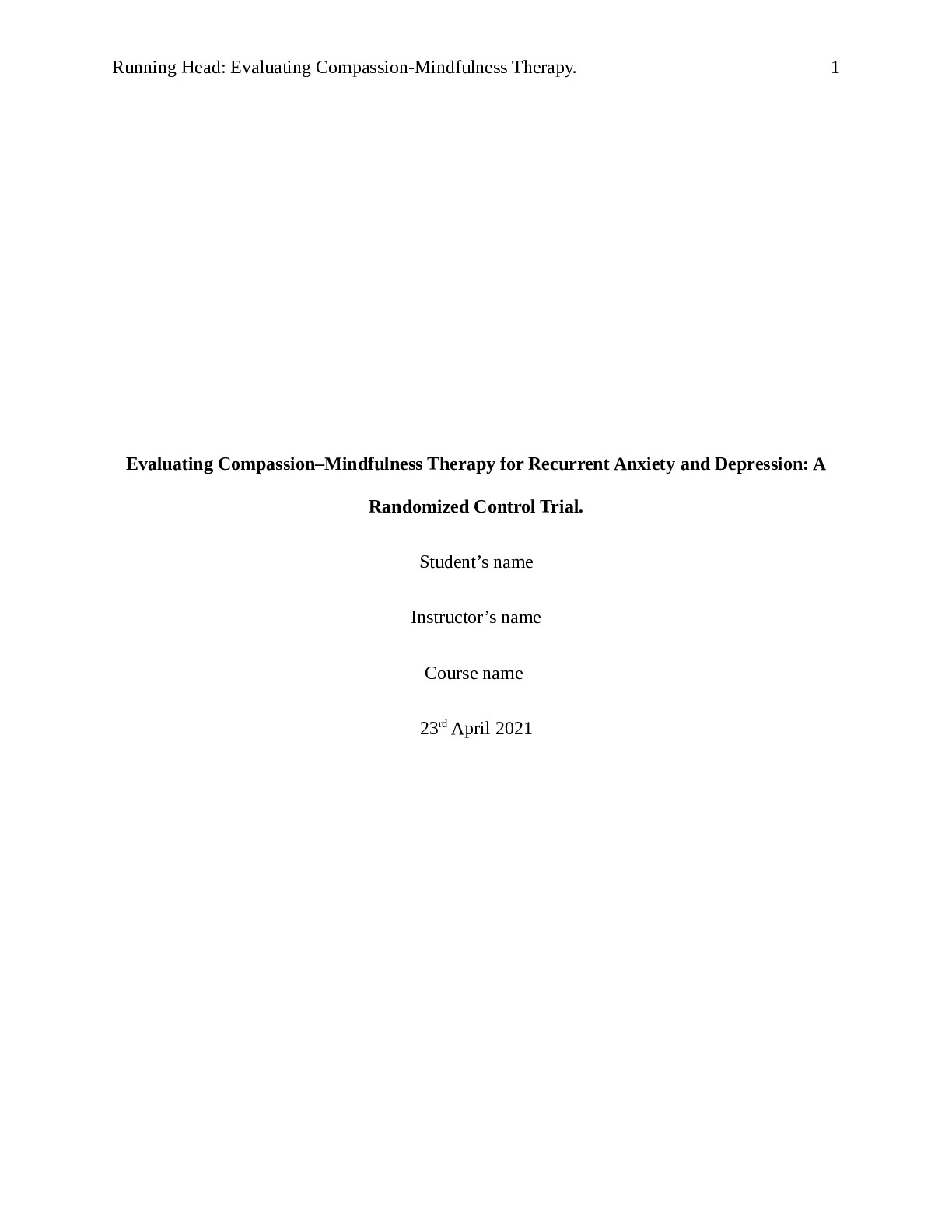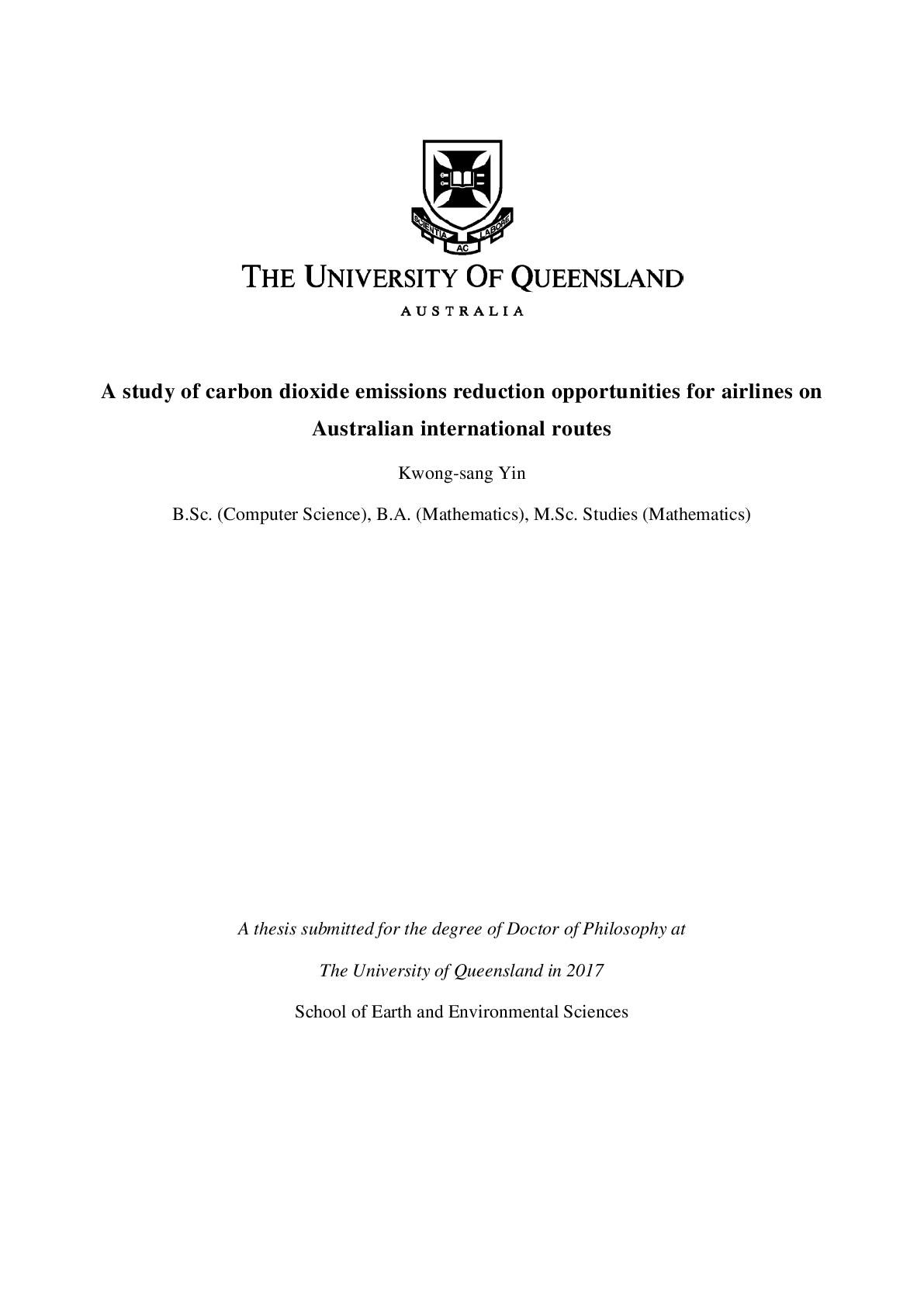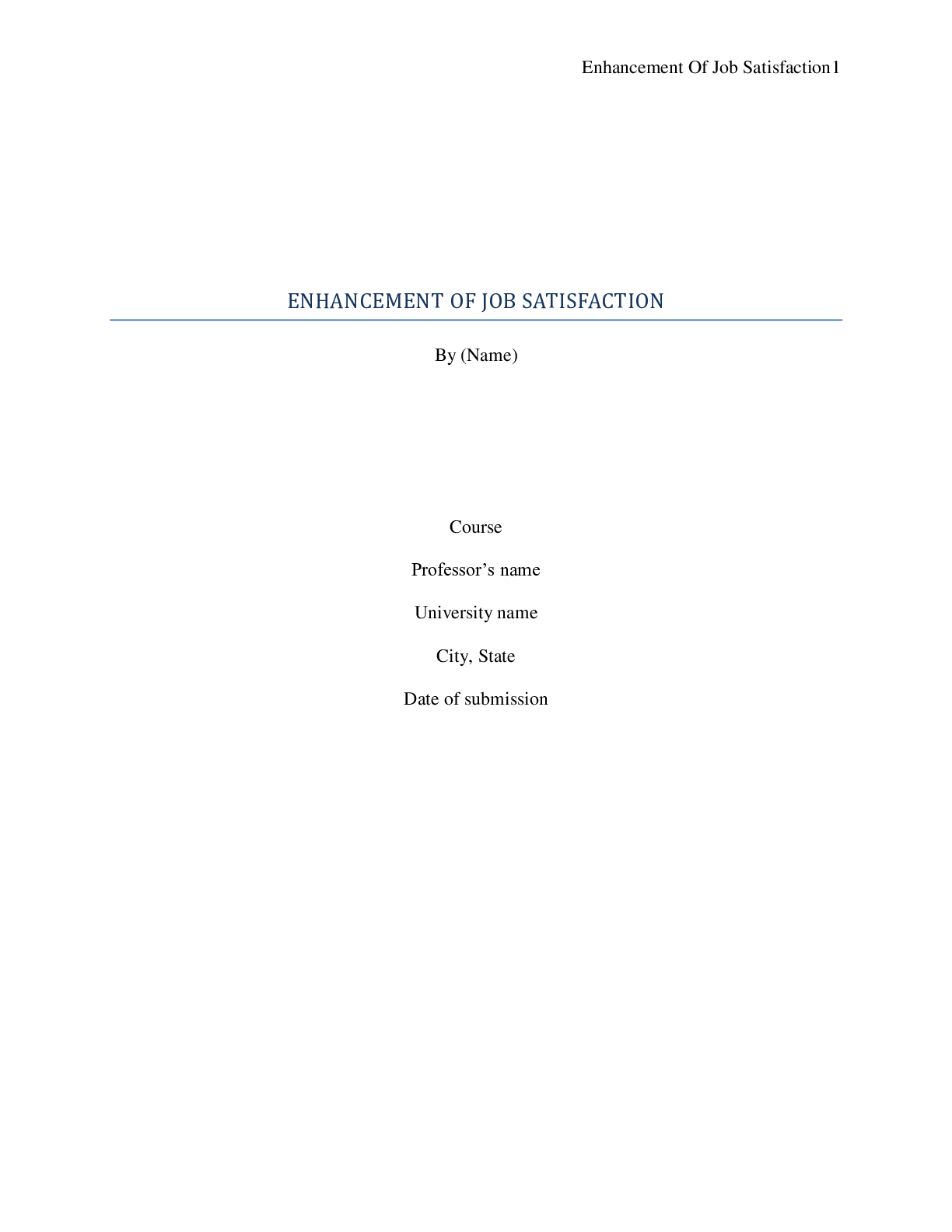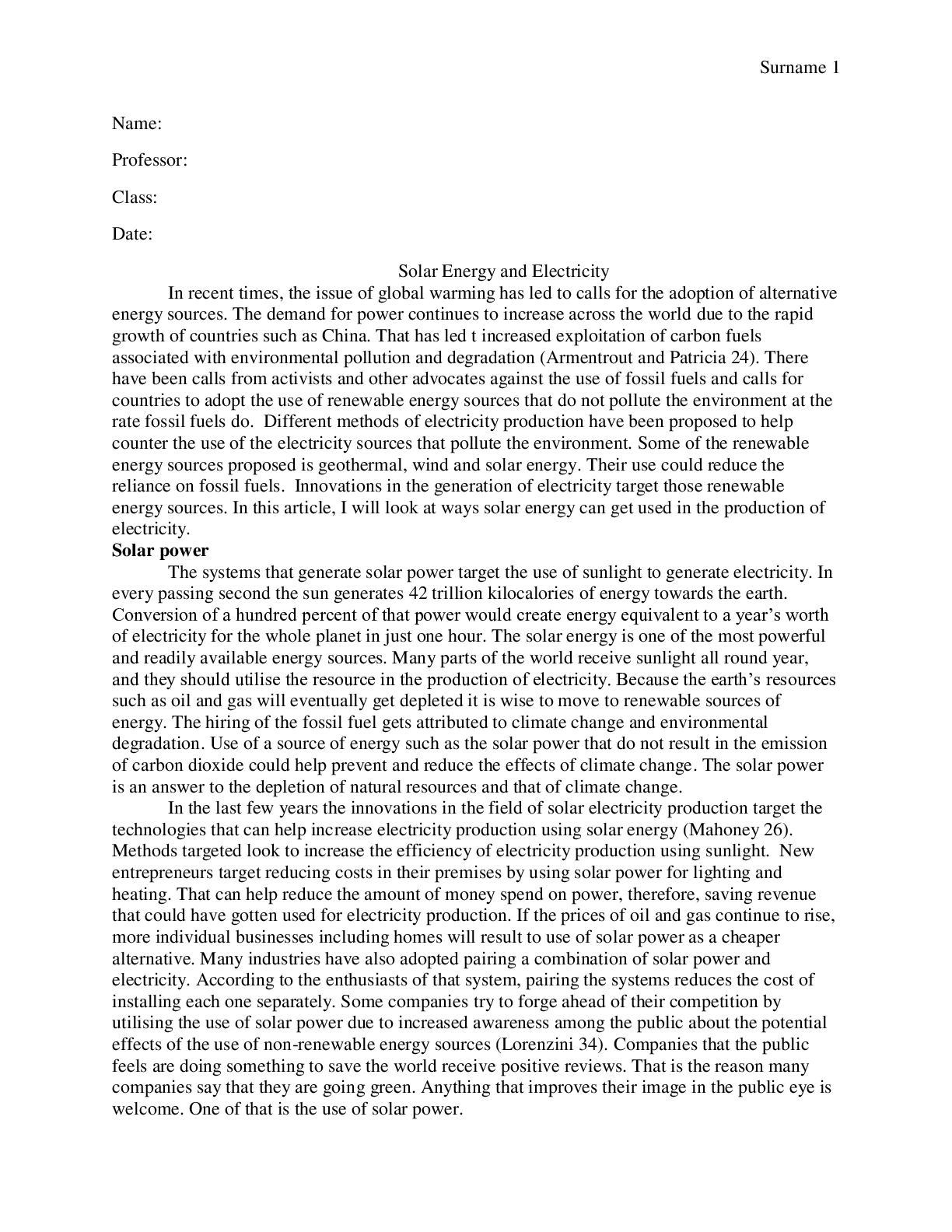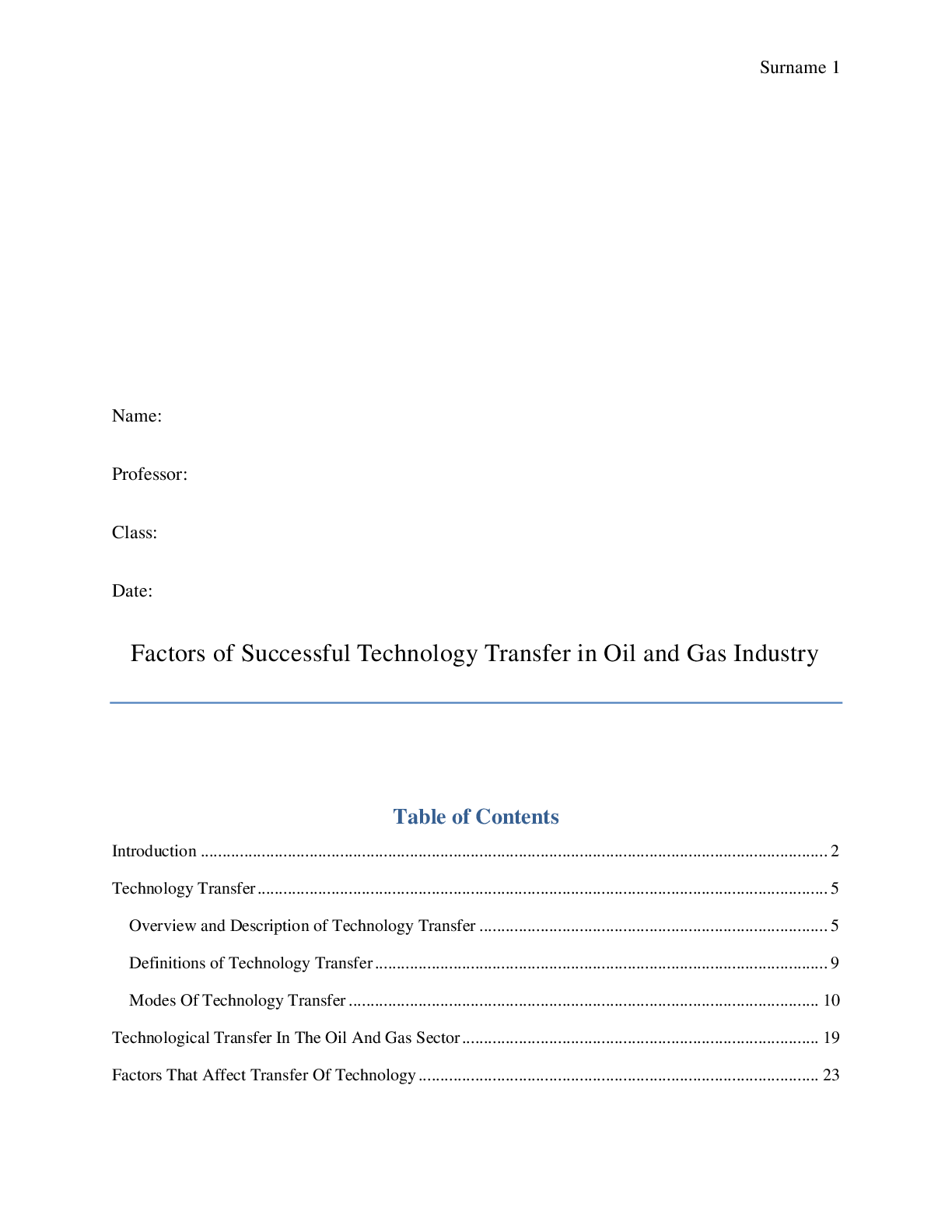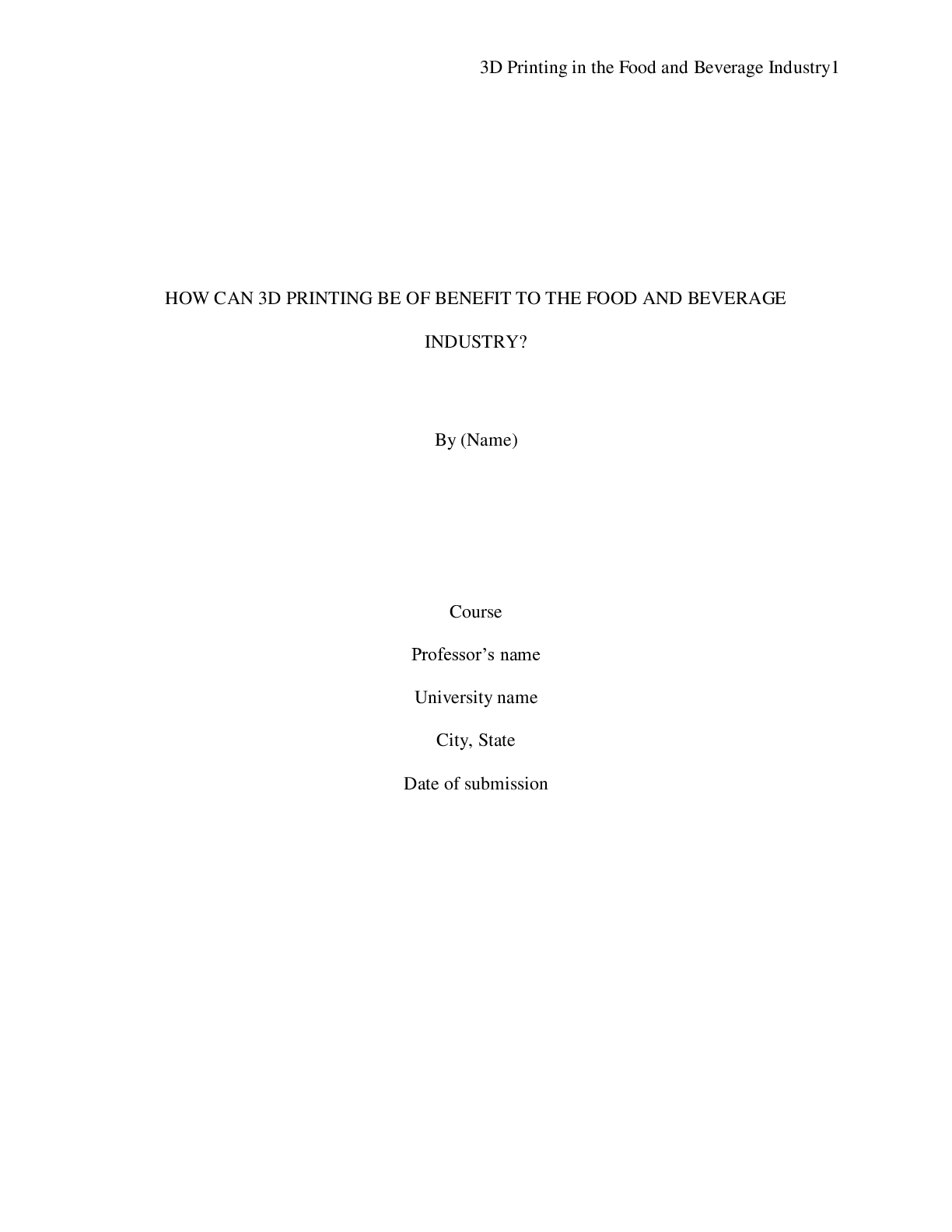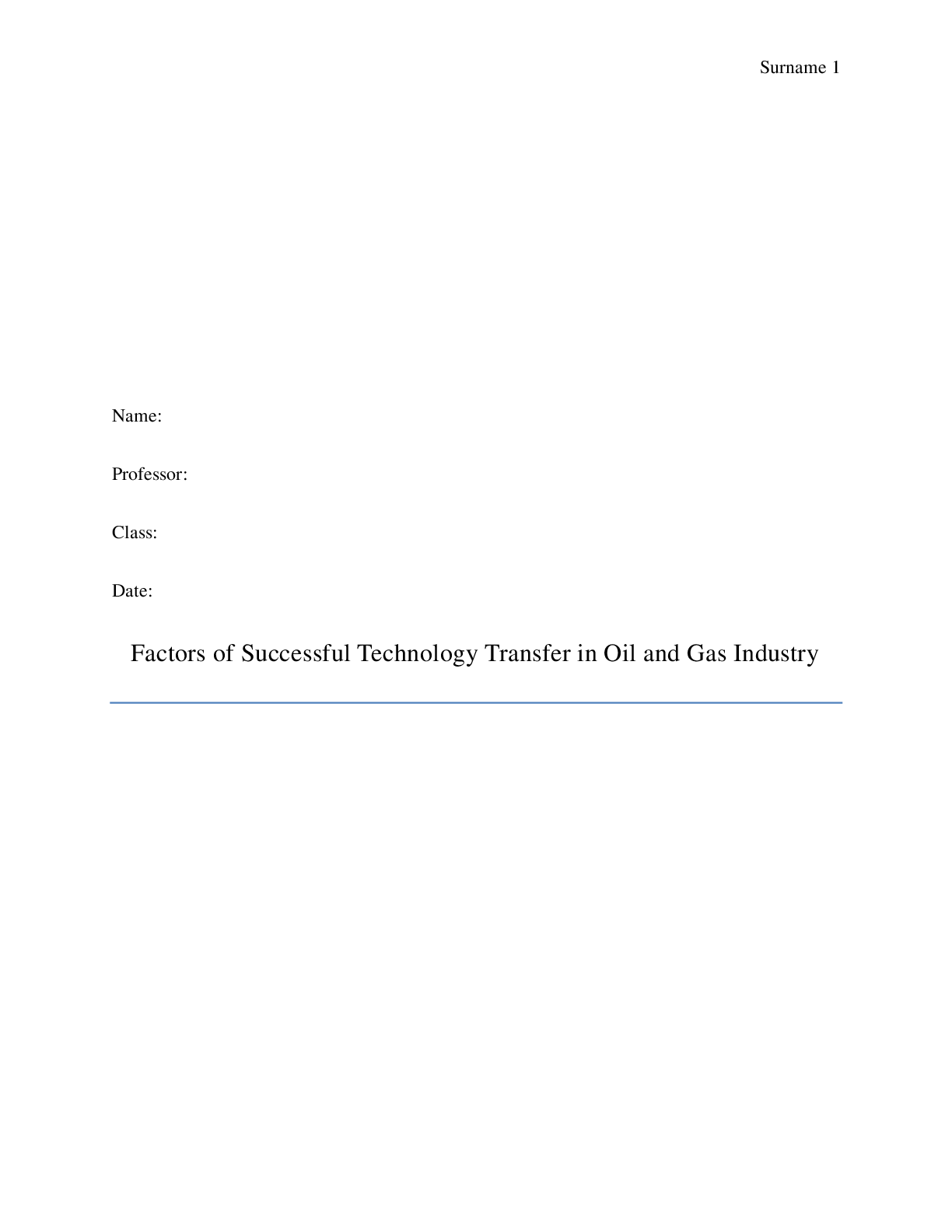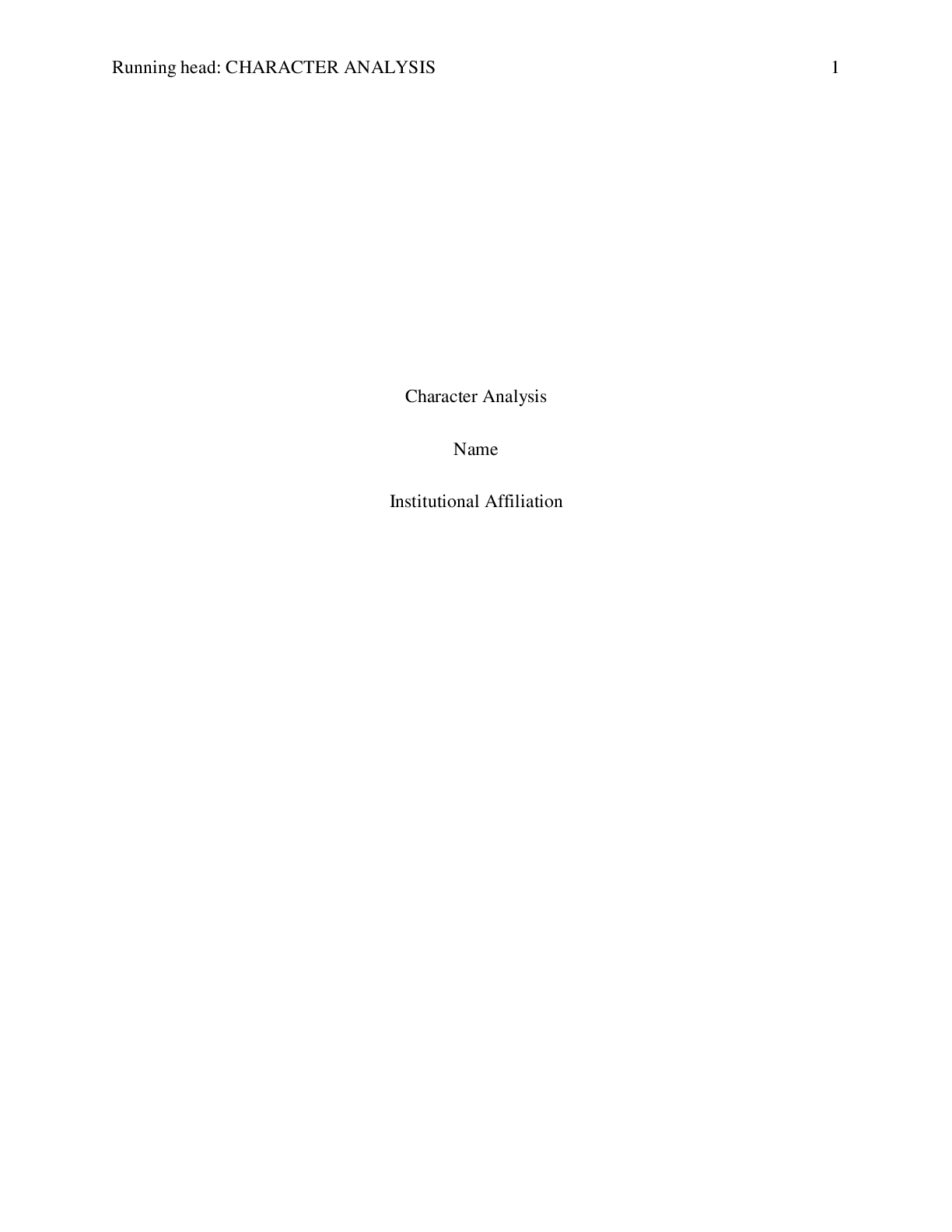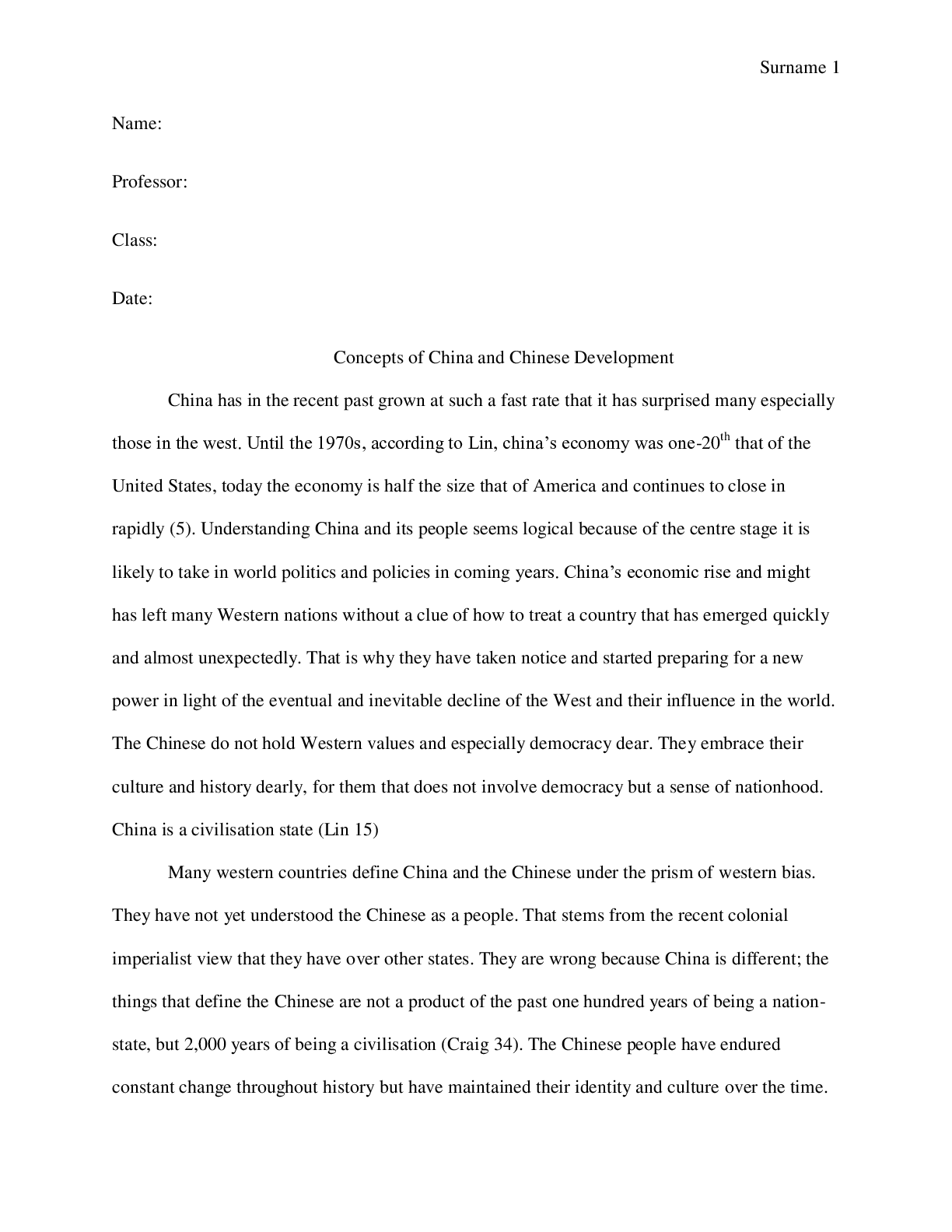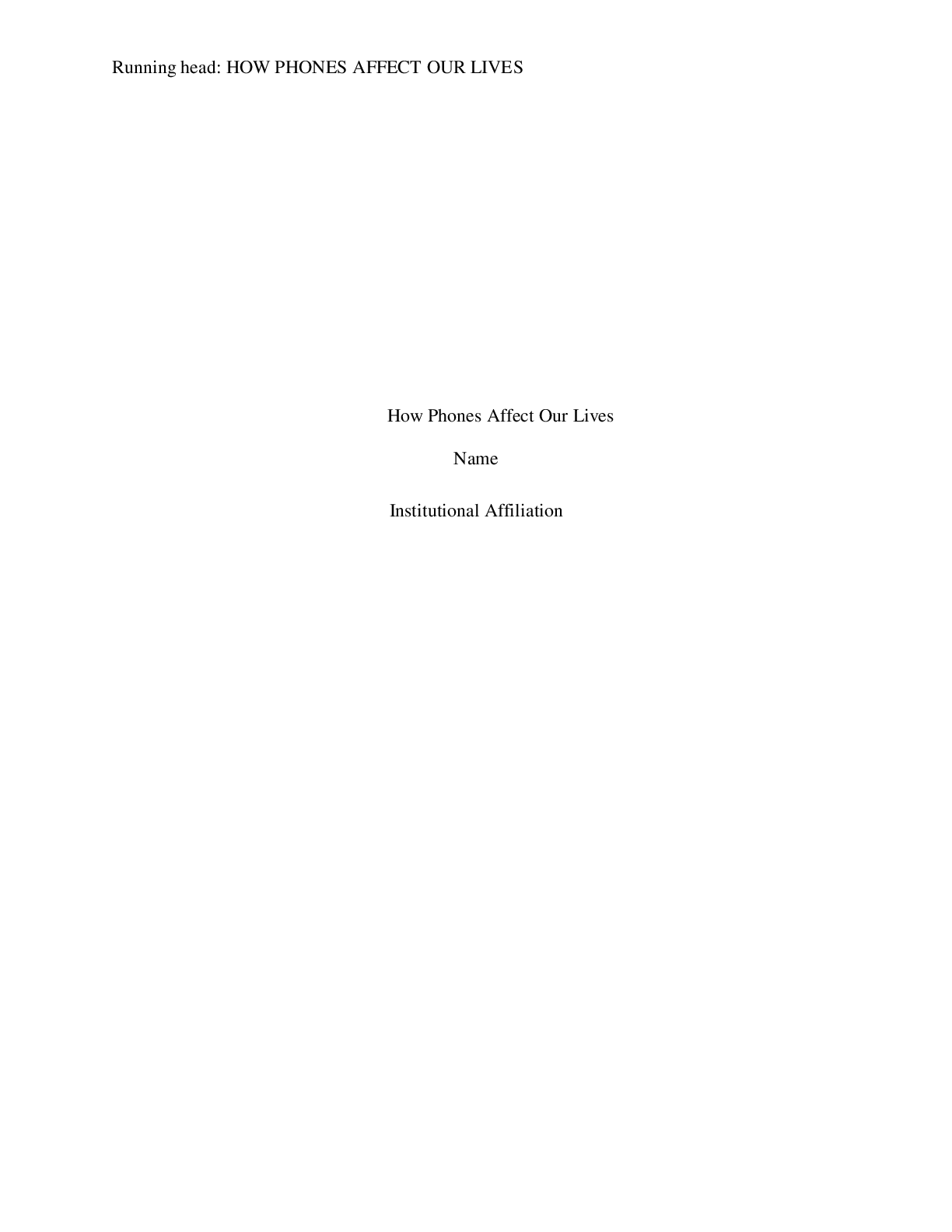2018 International Law Essay Questions | Download for quality grades |
Document Content and Description Below
Question [2] “Soft Law” refers to ‘rules that are neither strictly binding in nature nor completely lacking legal significance’1 within international law this relates to policy, guideline... s and other behaviour standard setting arrangements that are not directly legally enforceable.2 Soft laws are essentially rules that have the purpose of laws in directing how people should behave hoping that people stay within these guidelines as they are not directly enforceable. It has been questioned whether law in that it is binding and ‘Soft law’ being non-binding are mutually exclusive or if they are at “two ends on a commitment continuum ranging from legally binding commitments to no commitments at all”.3 There are a range on opinions regarding soft law, some say that its key in in the development of international law as it sets behaviours for future agreements and allows “states that reject the normative content of a particular instrument” 4 to emphasise its non-binding nature to allow an act to continue. Conversely others argue that the ability to use soft law structures when states are “reluctant to incur binding obligations” stagnates the development of international law. Soft law is useful for the development of international law purely on the basis that it opens free discussions over rules that States can agree upon now which have the potential to develop into binding hard law in the future5 . Soft law helps dramatically in the treaty making process in that they have an evident influence on states practice, this and the active negotiation that takes place in the development of soft law. This “non-binding instrument may also be a forerunner of a subsequent treaty on the same subject”6 . On these merits alone, it is a testament to the benefits of soft law as International customary law can take years to develop and treaties are often tedious in their materialisation and hence with a soft law backing it is significantly easier to ‘harden’. As treaties come into effect as soon as they are signed, soft law also allows current state issues such as financial stress, political instability or natural disaster recovery to be ignored, allowing negotiations to take place and concerned parties to avoid committing to legally binding principles whilst still furthering the exchange of ideas. Soft law is also beneficial as opposed to customary international law as it is a physically written law and hence is easier to interpret and follow as opposed to CIL. In the same area Soft law also allows better interpretation of international laws aiding in the creation of ICL and development of uniform states practice. [Show More]
Last updated: 1 year ago
Preview 1 out of 3 pages

Reviews( 0 )
Document information
Connected school, study & course
About the document
Uploaded On
Dec 14, 2022
Number of pages
3
Written in
Additional information
This document has been written for:
Uploaded
Dec 14, 2022
Downloads
0
Views
43



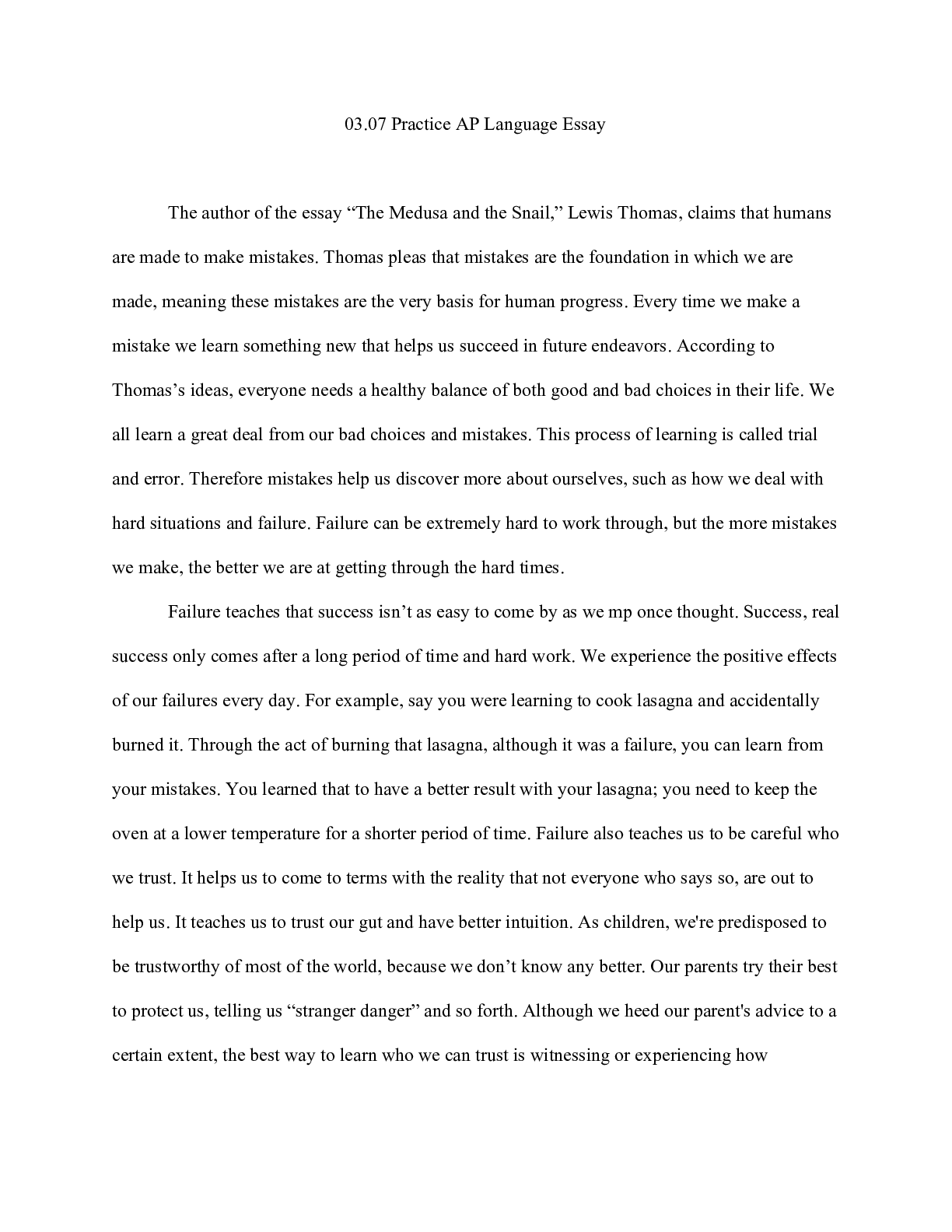
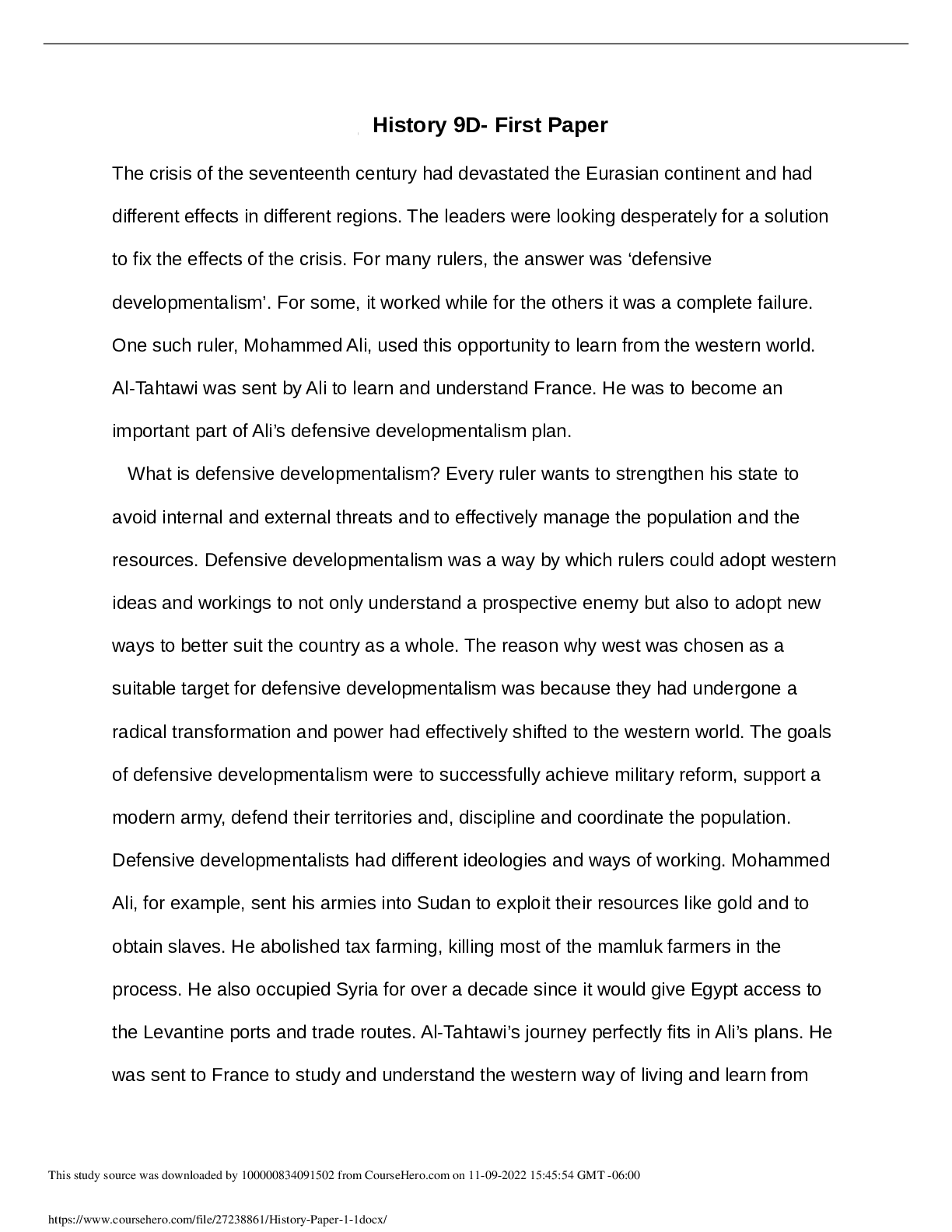


.png)




